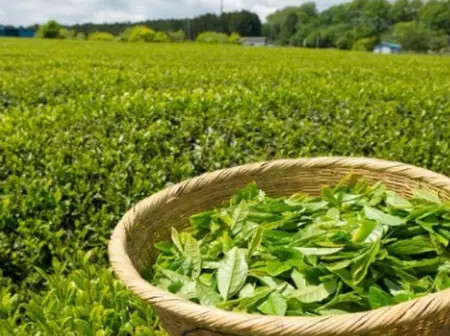Kenya and Iran have formed a joint technical committee to address and resolve the suspension of Kenyan tea exports to the Iranian market, aiming to lift the ban within a 60-day timeframe.
The move follows high-level discussions between officials from both countries, signaling renewed diplomatic and trade cooperation.
The tea export ban, which has been in place for several months, stemmed from what Iranian authorities cited as regulatory concerns and quality control issues.
However, Kenyan officials have consistently maintained that the country’s tea meets international standards and suggested that the embargo may have been influenced by wider trade dynamics.
The formation of the joint committee marks a significant breakthrough. It comprises representatives from Kenya’s Agriculture and Trade Ministries, the Tea Board of Kenya, and their Iranian counterparts in the Ministries of Commerce and Agriculture.
The committee has been tasked with resolving all technical and administrative hurdles that have impeded the free flow of Kenyan tea into Iran.
Kenya, which is the world’s largest exporter of black tea, counts Iran among its key Middle Eastern markets. The embargo has led to a noticeable dip in export volumes to the region, impacting earnings for Kenyan farmers and processors.
According to government data, tea exports to Iran had generated billions of shillings annually before the suspension took effect.
The new agreement follows a recent trade mission led by senior Kenyan officials to Tehran, during which both parties reaffirmed their commitment to strengthening bilateral trade.
The 60-day timeline is viewed as an ambitious but achievable target, with both sides pledging transparency and cooperation throughout the review process.
Kenya’s tea industry stakeholders have welcomed the development, expressing hope that the talks will yield a swift resolution. With the committee’s inaugural meeting scheduled in the coming days, attention is now focused on how quickly a consensus can be reached to resume shipments and stabilize trade flows between the two nations.

Leave a Reply